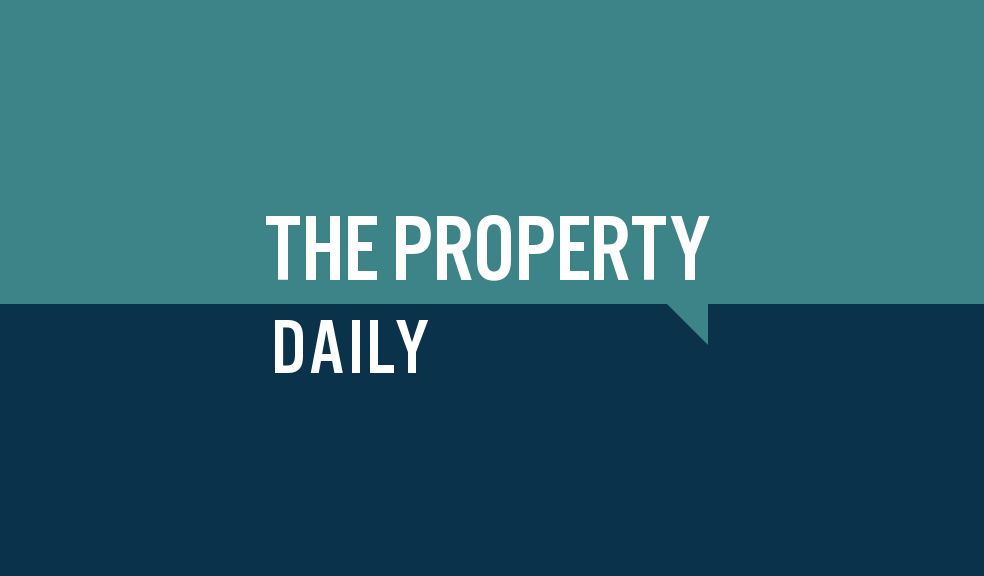
Here's how to ensure a fast & efficient conveyancing process
New insight from My Home Move Conveyancing reveals how homebuyers and sellers can complete the conveyancing process with the greatest ease, efficiency, speed, and peace of mind, even when things start to look like they might go wrong.
After a couple of years of economic headwinds causing uncertainty in the UK property market, homebuyers and sellers are reacting positively to the recent general election result and brightening of the economic outlook by venturing back into the market.
As such, market activity is set to improve over the coming months which means that an increased number of buyers and sellers will be tackling the conveyancing process, some for the first time. So, what is conveyancing? How long does it take? And how can people ensure that the process is as fast and painless as possible? My Home Move Conveyancing has the answers.
What is Conveyancing?
Conveyancing is the branch of law specifically relating to the legal side of moving home. When you buy or sell a house, you will need a conveyancer or solicitor to complete the conveyancing process, so that legal ownership can be transferred from one person to another.
How long does conveyancing take?
Because of the many processes involved, the conveyancing process can vary from case to case, from drafting contracts to completing Local Authority Searches and surveys, it can often end up being the lengthiest part of the moving journey.
On average, conveyancing takes between 12-16 weeks. But this timeframe can vary significantly based on various factors, including how many problems are revealed during the survey process, to how responsive you are when it comes to providing and signing vital documents along the way.
What slows the conversion process down?
There are a lot of things that can slow down the conveyancing process. But the most common ones are:
Slow response times
Throughout the conveyancing process, both the buyer and seller are required to provide information, sign documents, and respond to requests. Holdups and delays occur when such requests and processes are met with a slow response.
Poor communication
Because of the many moving parts involved with conveyancing, good communication is vital. Delays occur when one or more parties are failing to communicate well to ensure that everyone knows what needs to be done at any one time.
Problems revealed in surveys
Surveys are designed to let the buyer know exactly what they're buying, such as whether the property they're buying is in good condition. When survey results reveal major issues such as subsidence or knotweed, it can grind the conveyancing process to a halt as negotiations around how best to mitigate these issues begin.
Lack of mortgage preparation
When buyers hit obstacles around securing a mortgage, it can put a stop to all conveyancing progress. It might be that the mortgage provider disagrees with the valuation of the property, or that the buyer didn't have their finances properly in order before making their offer.
How can I help speed the conveyancing process up?
Hire good professionals
The best way to ensure speedy conveyancing is to hire great professionals to help you, most importantly a good conveyancer and a good estate agent. Don't blindly agree to hire the conveyancer that your agent recommends, instead do your research and find one who has a proven track record of success and good reviews. Ideally, take a recommendation from a trusted friend.
A good conveyancer will respond promptly to your initial inquiry, will take time to learn all about your specific situation, and will be constantly pushing all other parties involved to work quickly and efficiently, not allowing the process to stagnate.
Act quickly and be proactive
If you're buying a property, hire your solicitor as soon as you have made an offer. Submit your mortgage application instantly and speak to the seller's solicitor to get a good idea of what they need from you to get the ball rolling.
When you are asked to provide a document or sign paperwork, do it as quickly as you possibly can. This means you need to make sure you're available at all times. It's amazing how many people enter the conveyancing process and then take a two week holiday abroad meaning the whole process has to pause until they return because they need to provide signatures.
It's also best to get your surveys booked in for the earliest possible date. The sooner the results can be returned, the sooner they can be acted on.
Learn the process
It's always a good idea to familiarise yourself with how the conveyancing process works and what is going to be expected from you at each stage. Being proactive is always better than being reactive. If you come across anything you don't understand, ask as many questions as you need to.
Director of My Home Move Conveyancing, Alistair Singer, commented:
"Conveyancing is an essential part of buying and selling a home. It can also be quite a complicated and, at times, stressful process. But if you're well-prepared and have the support of a great solicitor who is proven to be proactive and hard working, you will be absolutely fine.
Most conveyancing obstacles and delays can be avoided if everyone is on the ball and on the same page. But should a major issue present itself, don't fret. Listen to the advice of your professional experts and do a little bit of personal research so that you're aware of how best to overcome the challenges that come your way."








